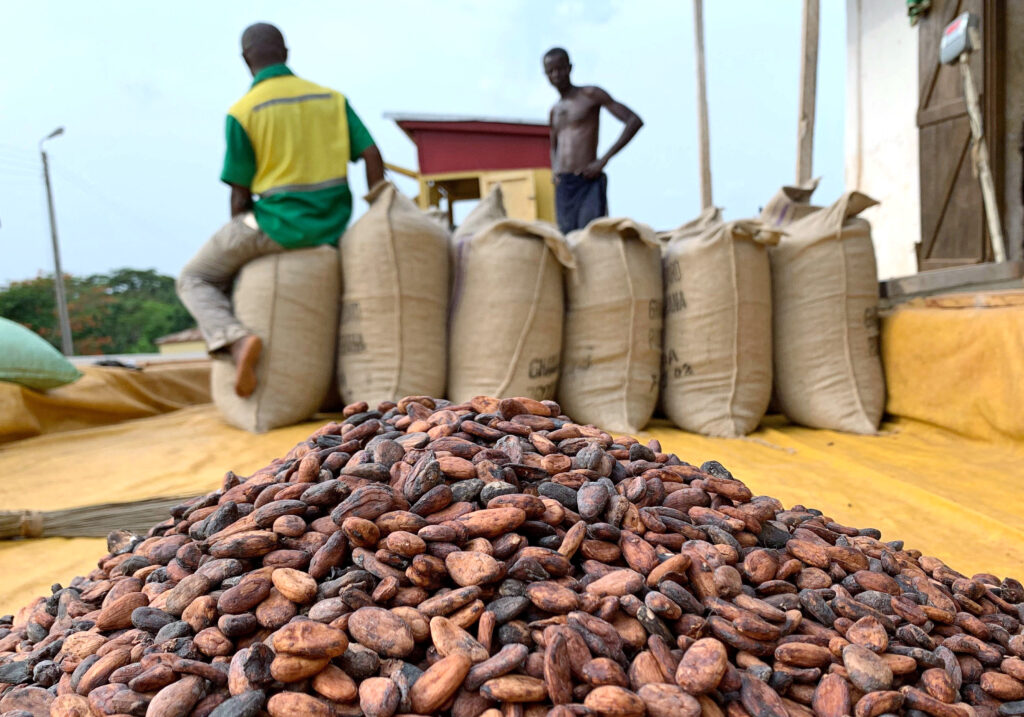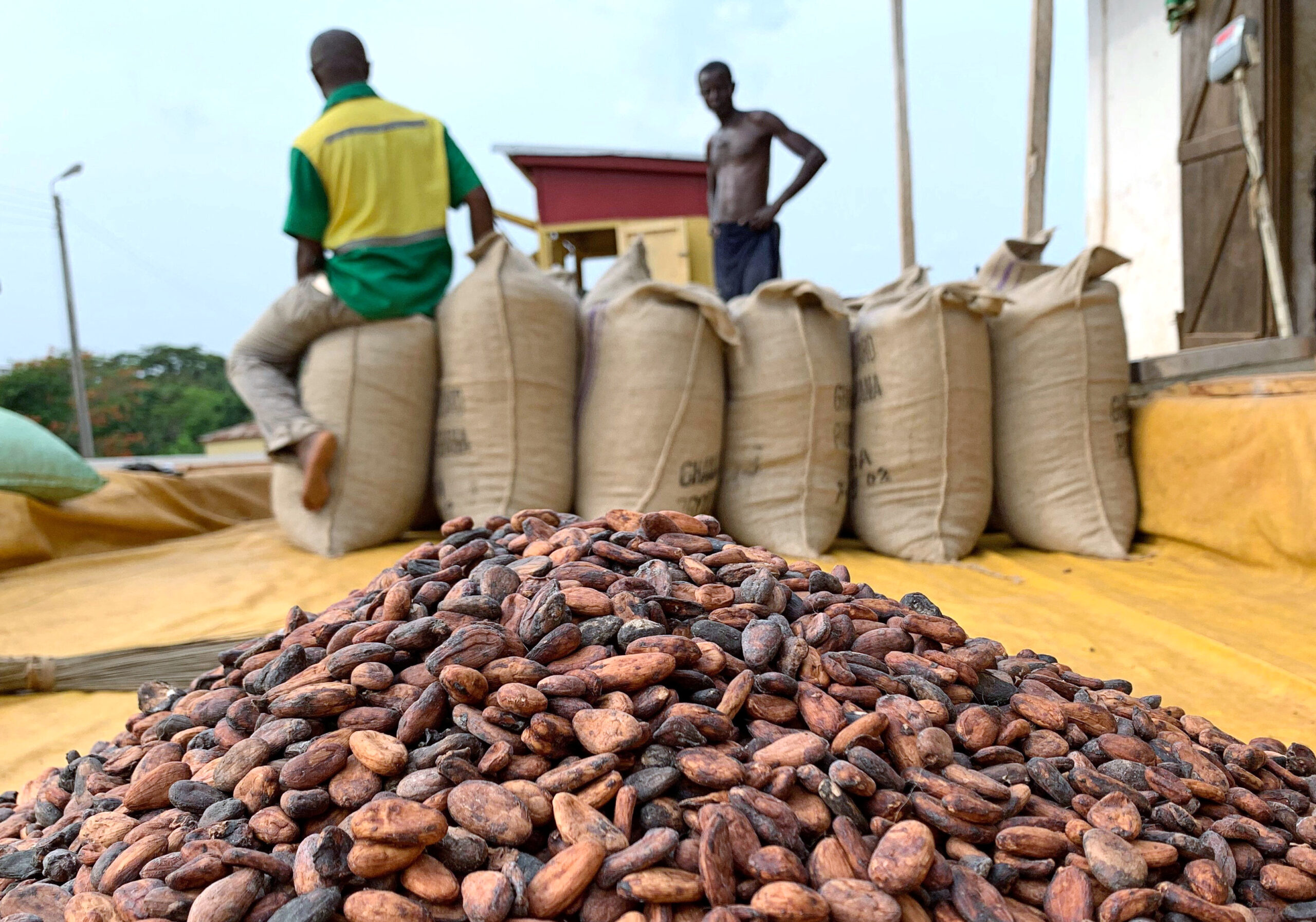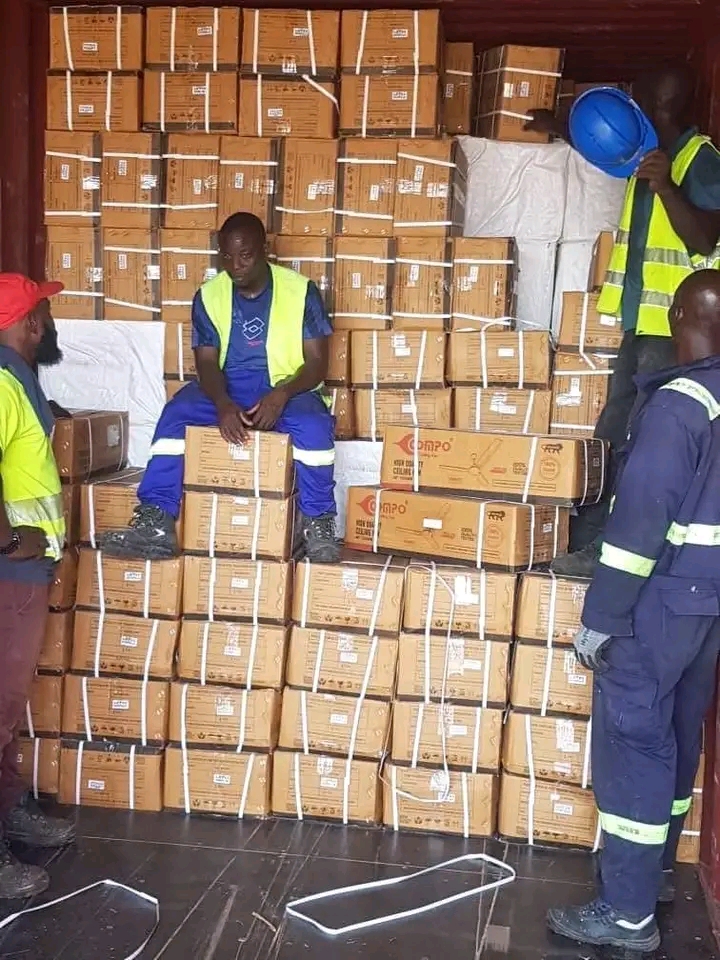By: Emmanuel Amoah
Ghana has lost more than a third of its cocoa production for the 2023/24 season due to rampant smuggling, according to a senior official from the Ghana Cocoa Board (Cocobod), as reported by Reuters.
Farmers, frustrated by payment delays and lower local prices, have increasingly turned to smuggling, which has evolved into a more sophisticated operation over time. This troubling trend is exacerbating a broader crisis in global cocoa production, as both Ghana, the world’s second-largest cocoa producer, and Ivory Coast, the largest, are facing significant production challenges this season. These difficulties are contributing to a global cocoa supply deficit for the fourth year running, driving up international prices for cocoa and chocolate. Neighboring Ivory Coast and Togo offer better prices due to more stable currencies and less stringent regulations, making cross-border smuggling more attractive for farmers.
By the end of June, Ghana had only produced 429,323 metric tonnes of cocoa, a mere 55% of its typical output by this point in the season. The 2023/24 season is shaping up to be the steepest decline in cocoa production the country has seen in over 20 years.
Smuggling has surged, with an estimated 160,000 tonnes of cocoa illegally moved across borders this season alone, according to Charles Amenyaglo, Director of Special Services at Cocobod, who heads the anti-smuggling task force. Despite the substantial losses, the task force managed to intercept about 250 tonnes this season, a significant improvement compared to just 17 tonnes last season.

“The numbers are alarming,” said Abubakar Omae, General Secretary of the Ghana Cocoa and Coffee Farmers Association.
Although over ten individuals have been sentenced to prison terms ranging from three months to ten years for smuggling, Amenyaglo revealed that Ghana’s military would soon be deployed to intensify efforts against traffickers.
The surge in smuggling can be traced back to Ghana’s economic and currency crisis in 2022. Cocoa is being smuggled not only into nearby countries like Togo and Burkina Faso but also as far as Mali. Amenyaglo disclosed that smugglers have become more resourceful, using tipper trucks concealed with quarry chippings or hiding cocoa in fuel tankers to move it across borders.
Cocobod’s financial difficulties, compounded by delays in securing the syndicated loan it relies on to purchase cocoa beans, have led to delayed payments to farmers. This has made farmers more susceptible to selling their cocoa to smugglers, who offer higher prices than the local market.
“If we had the liquidity and were more active on the ground, smuggling could be curbed,” said Samuel Adimado, President of Ghana’s cocoa buyers’ group.
In response to the crisis, Ghana has implemented several measures, including starting the 2024/25 season earlier than usual, introducing a new funding model, and increasing the farmgate price by 45%. While these actions offer some relief to farmers, concerns persist that the weakening currency could diminish the benefits of the price increase.
“We’ve invested heavily to enhance cocoa production in Ghana, not for it to enrich the cocoa sectors in Togo or Ivory Coast,” lamented Amenyaglo.





